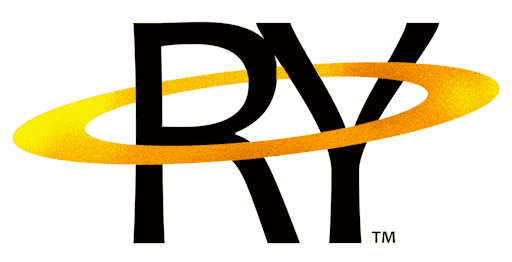‘Closed’ questions get one-word answers e.g. ‘Are you thirsty?’. ‘Open’ questions begin with what/why/how and asks for their knowledge, opinion or feelings.
Source: Questioning Techniques – Asking questions effectively @ MindTools
Examples of Open questions
- How was the party?
- Why did he react that way?
- Tell me what happened next.
Examples of Closed questions
- Where did you go to school?
- Do you like vanilla ice-cream?
- Where do you live?
Tools
Read more
- Examples of Open-Ended and Closed-Ended Questions @ YourDictionary
Excerpt: In a conversation, when completing a research survey, being interviewed for a job or working on a homework assignment, you might find yourself presented with a series of closed-ended or open-ended questions. Close-ended questions are those which can be answered by a simple “yes” or “no”, while open-ended questions are those which require more thought and more than a simple one-word answer.
- Open and Closed Questions @ ChangingMinds.org
Excerpt: Open questions begin with such as: what, why, how, describe. Using open questions can be scary, as they seem to hand the baton of control over to the other person. However, well-placed questions do leave you in control as you steer their interest and engage them where you want them. When opening conversations, a good balance is around three closed questions to one open question. The closed questions start the conversation and summarize progress, whilst the open question gets the other person thinking and continuing to give you useful information about them.
image by Pezibear under CC0 license




